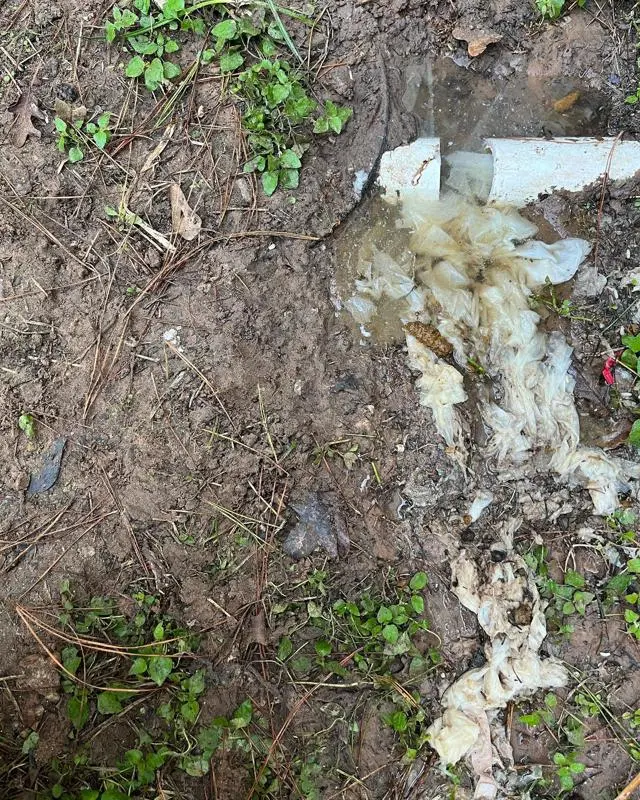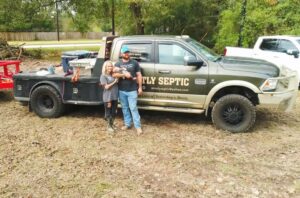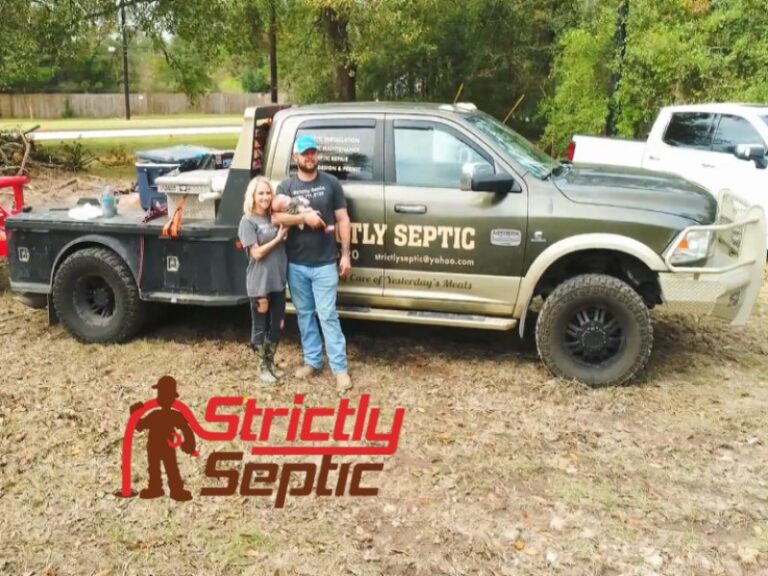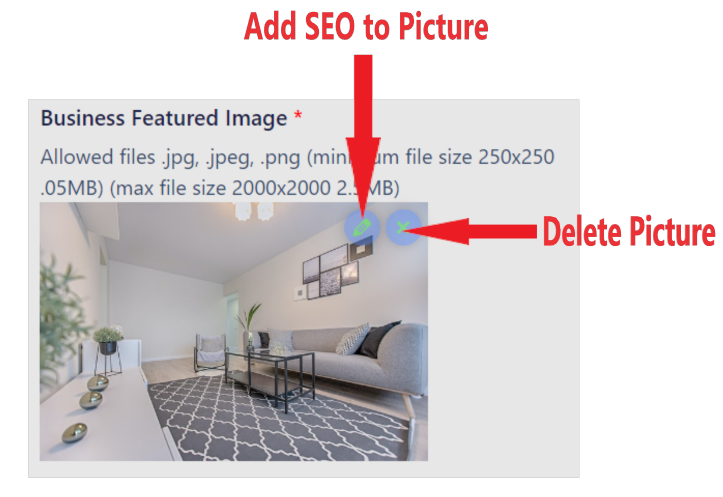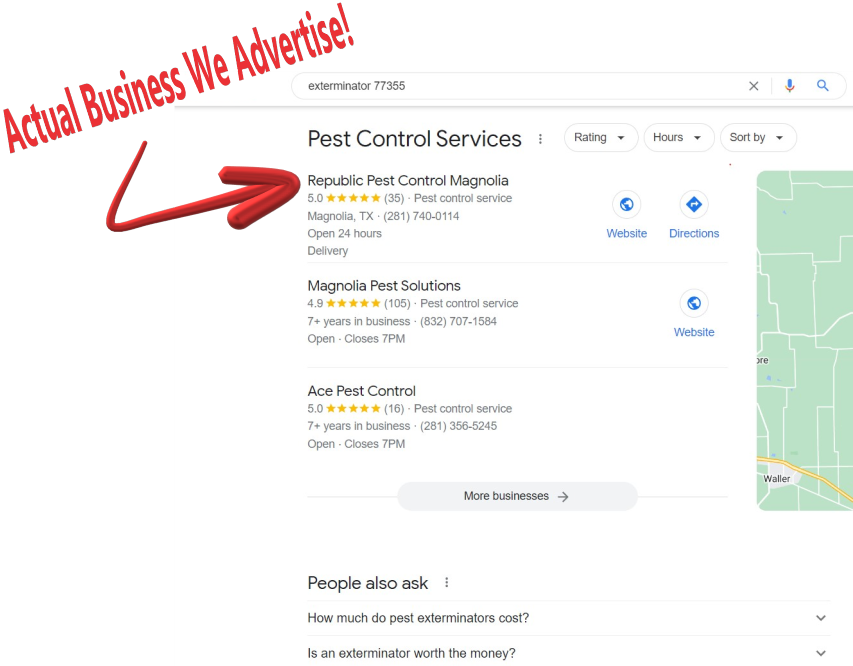A septic system is an essential part of your home’s plumbing infrastructure. However, like any system, it requires regular maintenance and occasional repairs to ensure its efficient operation. At Strictly Septic, we provide professional septic repair services to keep your system functioning smoothly. In this article, we’ll walk you through the signs that indicate your septic system may need repairs and how our expert team can help.
Understanding Septic Systems
Before we dive into the signs of a failing septic system, let’s briefly cover what a septic system is and how it works. A septic system is a self-contained, underground wastewater treatment system. It’s responsible for collecting, treating, and disposing of household waste. The system consists of:
- Septic Tank: A large, watertight container that collects and stores waste.
- Drain Field: A system of pipes buried in the soil that disperses treated wastewater.
- Soil: The soil around the drain field acts as a natural filter for the treated wastewater.
The septic system is designed to handle waste from your home and release clean water back into the environment. However, over time, the system can become damaged or clogged, leading to unpleasant consequences.
Common Signs Your Septic System Needs Repairs
It’s important to regularly inspect and monitor the health of your septic system. The earlier you spot a problem, the easier and less expensive it is to fix. Here are some common signs that indicate your septic system may need repairs:
1. Slow Draining Sinks and Toilets
If you notice that the water is draining slowly from your sinks, bathtubs, or toilets, this could be a sign that your septic system is not functioning properly. Slow drainage can occur when the pipes leading to or from the septic tank are clogged, or when the tank itself is full and unable to process wastewater efficiently.
2. Foul Odors Around the Septic Tank or Drain Field
If you start to notice a foul smell around your septic tank or drain field, it could indicate a problem. A malfunctioning septic system may cause wastewater to leak out of the tank or overflow into the surrounding soil, leading to unpleasant odors. This could be a sign of a damaged tank or clogged pipes that need attention.
3. Pooling Water or Greener Grass Around the Septic Tank or Drain Field
Excessive moisture or pooling water in the yard, especially near the septic tank or drain field, is a red flag. This could indicate that your septic system is not properly filtering or draining wastewater. If the ground around the septic system is unusually green or wet, it’s essential to call a professional to assess the situation.
4. Gurgling Noises in the Plumbing
Hearing gurgling or bubbling sounds in your drains and toilets may be another sign of a septic system issue. These sounds are often caused by trapped air or a blockage in the pipes. When wastewater cannot flow properly through the system, it can create air pockets that result in gurgling noises.
5. Sewage Backup in the Home
Perhaps the most obvious sign that something is wrong with your septic system is a sewage backup in your home. If you notice sewage or wastewater backing up into your sinks, tubs, or toilets, it’s critical to act immediately. This is usually a sign that the septic tank is full or the drain field is malfunctioning, preventing wastewater from being properly treated and disposed of.
6. Standing Water in the Yard
If you notice standing water in your yard or wet spots around your drain field, it could mean that the septic system is unable to absorb the water properly. This could be due to a clogged or damaged drain field, which is designed to filter out wastewater.
7. Increased Insect Activity
An increase in the number of insects, particularly flies or mosquitoes, around your septic tank or drain field can be a sign of a problem. These pests are often attracted to the odors associated with a malfunctioning septic system. If you notice a significant increase in insect activity, it may be time to get your system checked.
The Importance of Regular Septic Maintenance
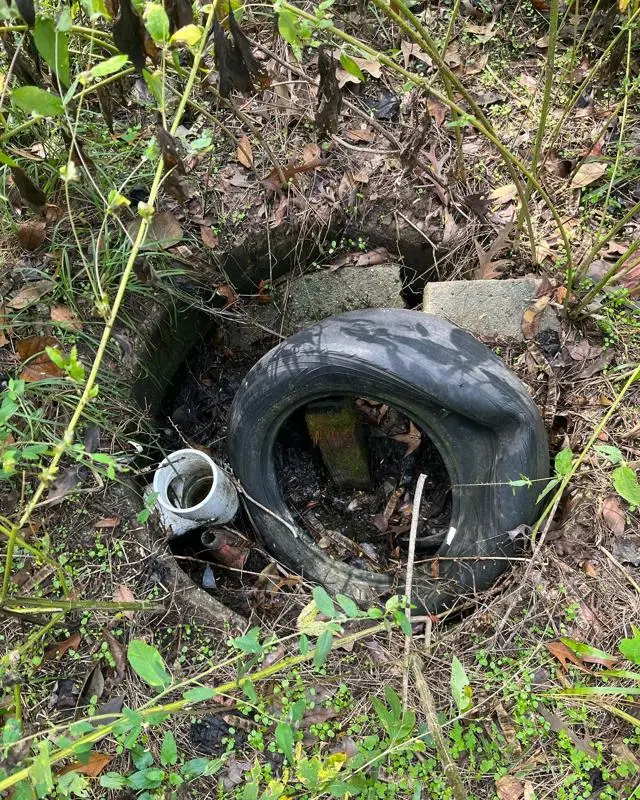
While septic repair services are crucial when issues arise, regular maintenance can help prevent the need for costly repairs. Regular inspections and pumping can extend the life of your system and ensure it operates efficiently.
1. Scheduled Pumping
Your septic tank needs to be pumped every 3 to 5 years, depending on usage. During this process, we remove the accumulated sludge and scum from your tank, preventing blockages and backups.
2. Inspections
Routine inspections allow our experts to check for any signs of damage or wear in your septic system. We check the tank’s condition, inspect the drain field, and ensure that the system is working correctly. Early detection of problems can save you money on repairs.
3. Preventive Repairs
Sometimes, small issues can be repaired before they turn into big problems. By addressing minor leaks, cracks, or clogs early on, you can prevent the need for extensive repairs down the line.
Strictly Septic’s Septic Repair Services
At Strictly Septic, we specialize in septic repair services to help homeowners in Texas keep their systems in top condition. Our team of experts is trained to handle a wide range of septic issues, from minor repairs to complete system replacements.
Our Septic Repair Services Include:
- Tank Repairs: Cracks, leaks, and blockages in the septic tank can cause major problems. Our team can repair or replace damaged tanks.
- Drain Field Repair: If your drain field is clogged or damaged, we can perform repairs to restore proper filtration and drainage.
- Pipe Repairs: We fix any blockages, cracks, or leaks in the pipes leading to and from your septic system.
- Septic System Replacement: In some cases, a complete system replacement may be necessary. We offer professional installation of new septic systems.
Our team uses the latest tools and technology to diagnose and repair septic issues quickly and efficiently, minimizing disruption to your daily life.
How to Prevent Septic System Damage
While repairs are sometimes inevitable, there are steps you can take to prevent damage to your septic system and extend its lifespan.
1. Avoid Flushing Non-Biodegradable Items
Only human waste and toilet paper should be flushed down the toilet. Avoid flushing items like wipes, feminine products, and paper towels, as they can clog the pipes and disrupt the septic system’s function.
2. Limit Water Usage
Excessive water usage can overwhelm your septic system. Try to spread out your water usage throughout the day and avoid running large amounts of water at once, such as during long showers or multiple loads of laundry.
3. Use Septic-Friendly Products
Use biodegradable cleaning products and septic-safe chemicals to protect your septic system. Harsh chemicals can disrupt the balance of bacteria in the septic tank, leading to slow treatment and potential backups.
4. Landscape Wisely
Avoid planting trees or shrubs near your septic tank or drain field. The roots of these plants can invade the system, causing damage to the pipes or tank. Opt for grass or ground cover instead.
5. Regular Inspections and Maintenance
As mentioned earlier, scheduling regular septic inspections and maintenance is the best way to catch small problems before they turn into major issues. Our team at Strictly Septic can help you maintain your system with routine pumping and inspections.
Conclusion
A well-maintained septic system is essential for the health and safety of your home. By recognizing the signs of a potential septic issue early on, you can prevent costly repairs and extend the life of your system. If you suspect that your septic system needs repairs, don’t wait—contact Strictly Septic today for expert septic repair services. We provide comprehensive septic services, from repairs to installations, to ensure your system works properly for years to come.
For more information on septic services, visit our septic company services page or contact us directly at Strictly Septic.

